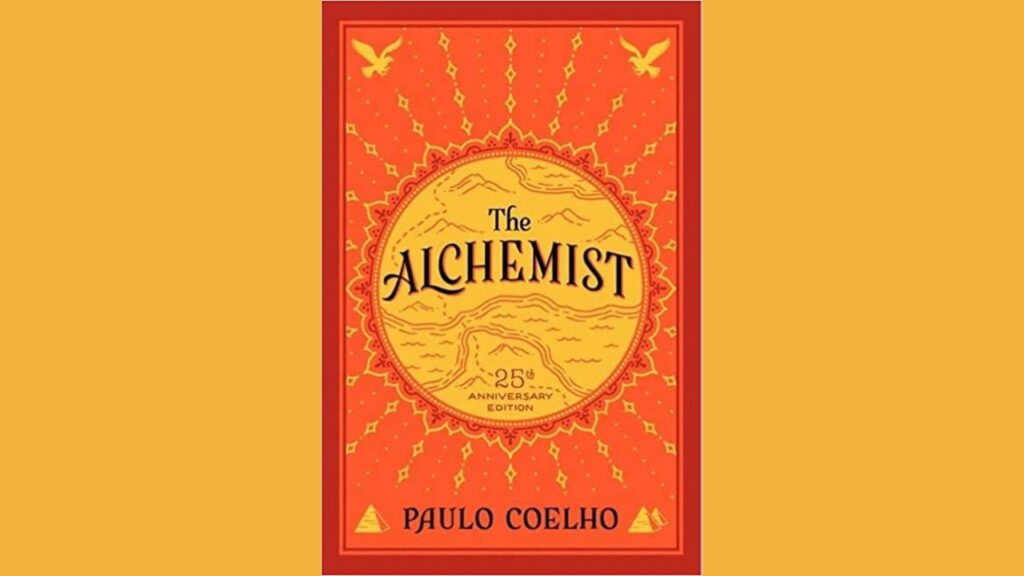
Student Notes – Anna Karenina by Leo Tolstoy
Introduction:
Anna Karenina, written by Leo Tolstoy and published in 1877, is a sweeping and introspective novel that delves into the complexities of love, society, and morality. Set in 19th-century Russia, the book explores themes of passion, marriage, infidelity, and the struggle between individual desires and societal expectations. This set of student notes provides a comprehensive overview of the key elements, themes, and characters in Anna Karenina, along with analysis and discussion points for further exploration and understanding.
Setting:
- 19th-century Russia: The novel takes place in various locations, including Moscow and Saint Petersburg, capturing the social, political, and cultural milieu of the time.
Characters:
- Anna Karenina: The enigmatic and tragic protagonist, who embarks on a passionate affair that challenges societal norms and leads to her downfall.
- Count Alexei Karenin: Anna’s husband, a cold and rational man who struggles to reconcile his public image with his personal life.
- Alexei Vronsky: A charming and impulsive officer with whom Anna has an illicit affair, leading to a spiral of consequences.
- Konstantin Levin: A landowner who represents Tolstoy’s alter ego, grappling with philosophical and existential questions amidst his pursuit of love and happiness.
- Kitty Shcherbatsky: A young woman torn between her affections for Levin and Vronsky, navigating the complexities of societal expectations and personal desires.
Plot Summary:
- The novel explores the intersecting lives of its characters, focusing primarily on Anna’s ill-fated affair with Vronsky and the ripple effects it has on the lives of those around them.
- The examination of various forms of love and relationships, including marital love, passionate love, and familial love.
- Tolstoy’s in-depth portrayal of Russian society and the impact of societal norms and expectations on individual lives.
- Themes: Love and Passion, Marriage and Infidelity, Hypocrisy and Social Expectations, Morality and Conscience.
Key Themes and Social Commentary:
- Love and Passion: The novel delves into the depths of love, portraying both its transformative power and its potential to lead to suffering and ruin.
- Marriage and Infidelity: Tolstoy explores the complexities of marriage, highlighting the challenges and consequences of infidelity and the societal double standards surrounding it.
- Hypocrisy and Social Expectations: The novel critiques the hypocrisy of high society, exposing the facade of respectability and the suffocating influence of societal norms.
- Morality and Conscience: Tolstoy raises profound moral questions, examining the clash between personal desires and ethical considerations.
Analysis and Discussion Points:
- Analyze the character of Anna Karenina, considering her motivations, inner struggles, and the consequences of her choices.
- Discuss the role of societal expectations and the impact they have on the characters’ lives, particularly in relation to marriage and relationships.
- Examine Tolstoy’s depiction of love, contrasting the passionate love between Anna and Vronsky with the more stable and fulfilling love between Levin and Kitty.
- Reflect on the role of religion and spirituality in the novel, considering Tolstoy’s own spiritual beliefs and the influence of morality on the characters’ actions.
- Explore the theme of societal hypocrisy and the criticism of the upper class, analyzing the ways in which characters navigate societal norms and expectations.
Conclusion:
Anna Karenina is a profound and introspective novel that delves into the complexities of love, marriage, and societal expectations. Leo Tolstoy’s rich character development, vivid descriptions, and exploration of moral and philosophical themes continue to resonate with readers. By engaging with the student notes provided, readers can gain a deeper understanding of the novel’s themes, characters, and social commentary, fostering critical thinking and stimulating insightful discussions about the intricacies of human relationships and the timeless nature of Tolstoy’s observations.



